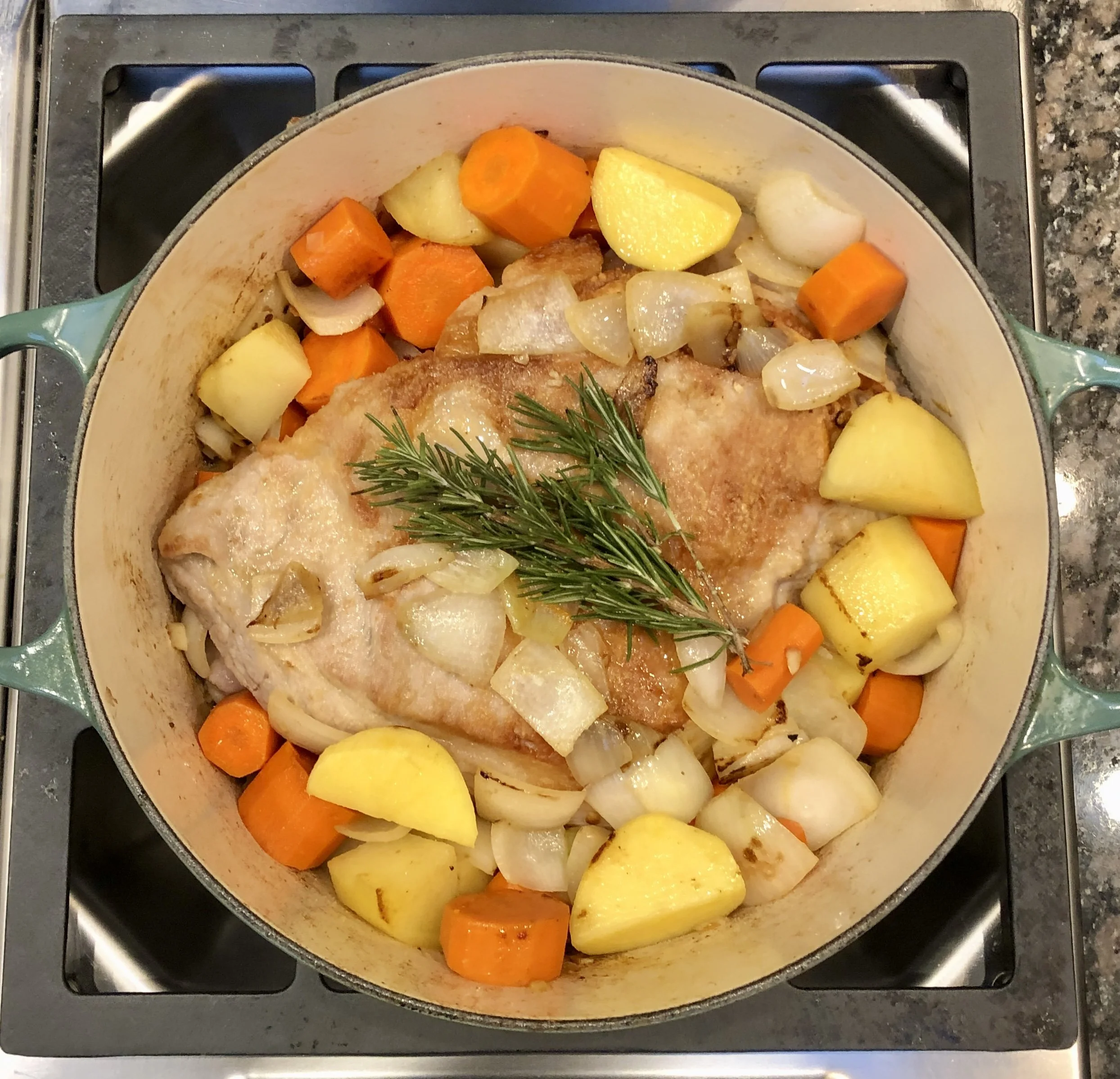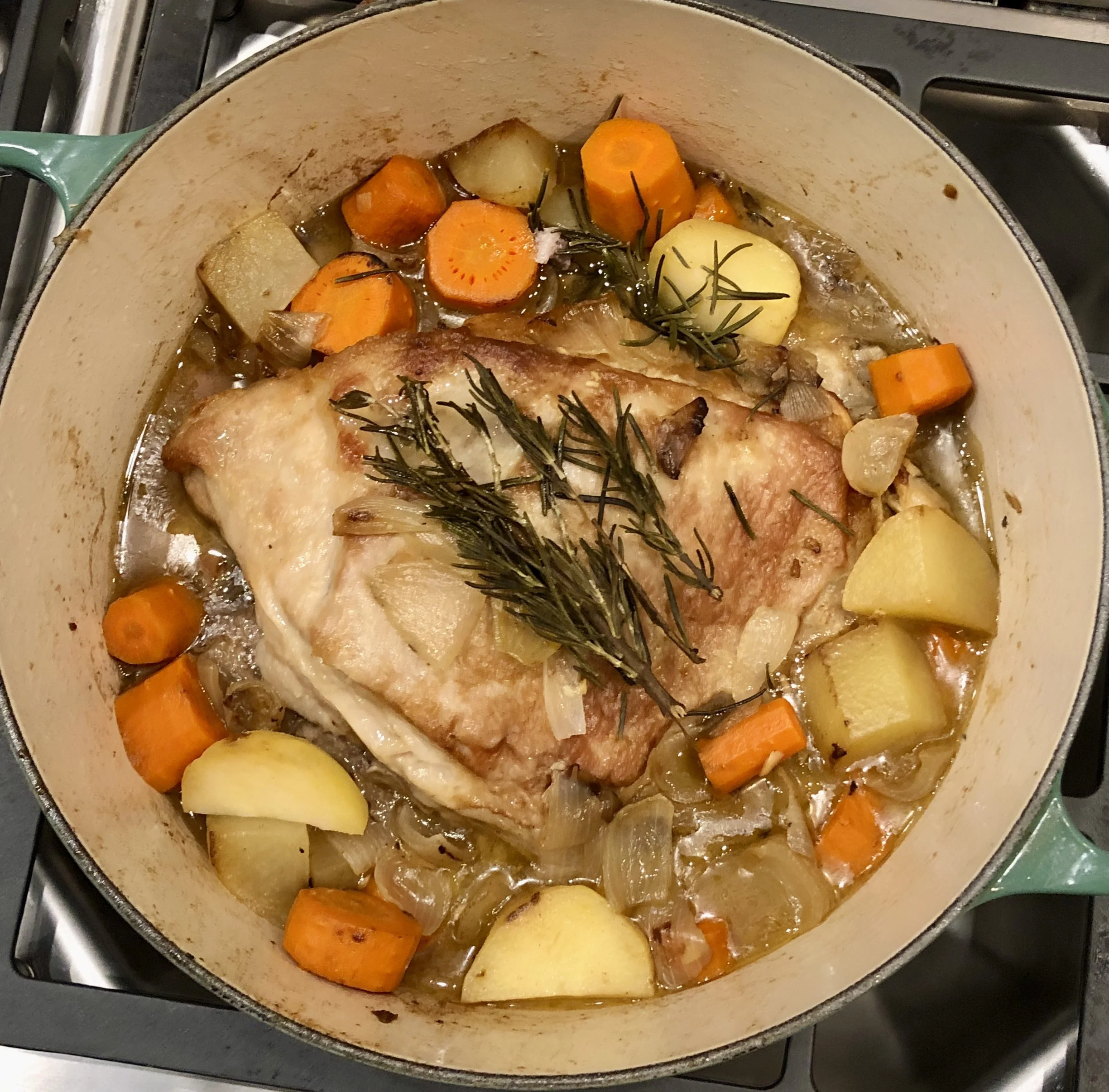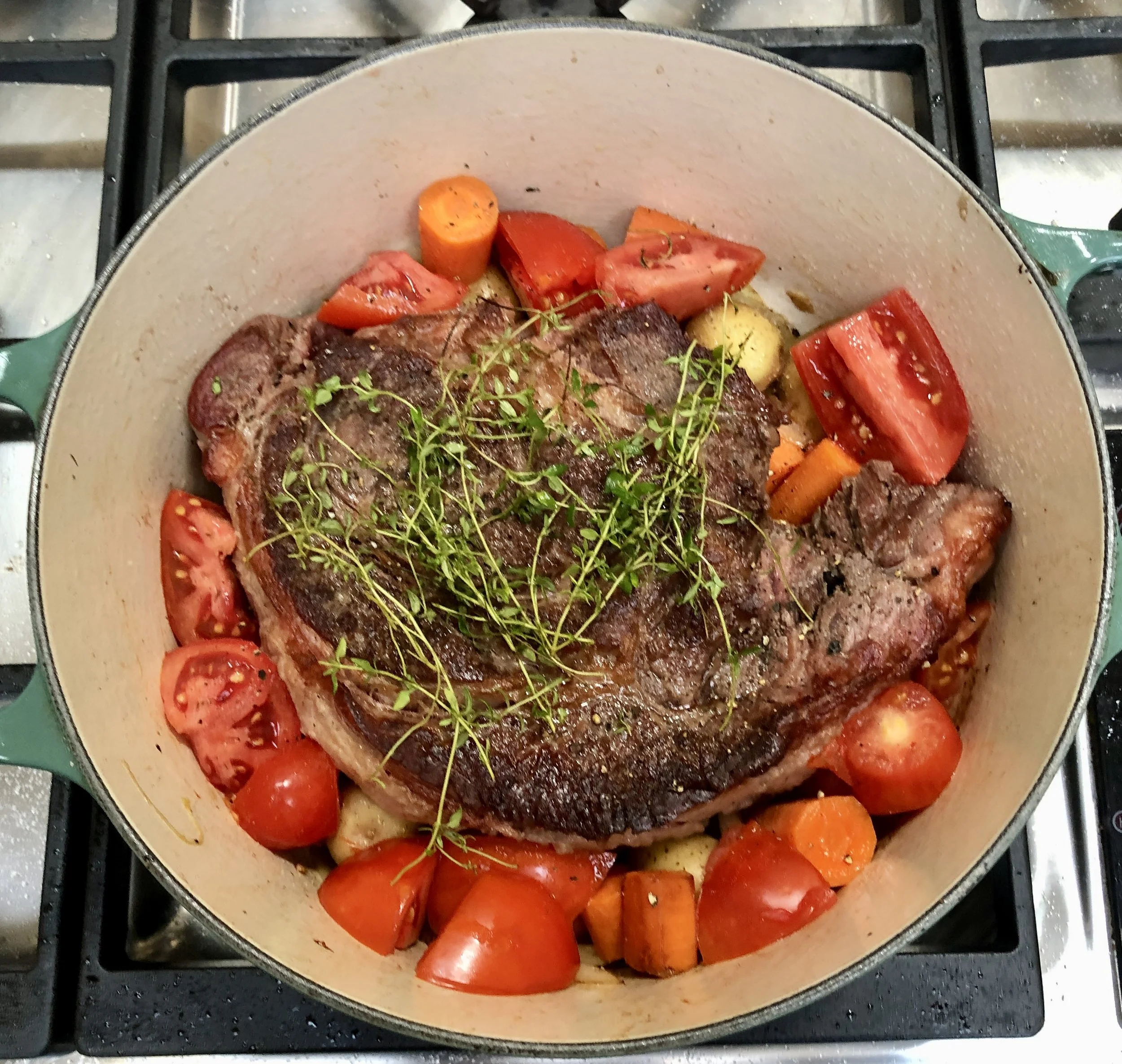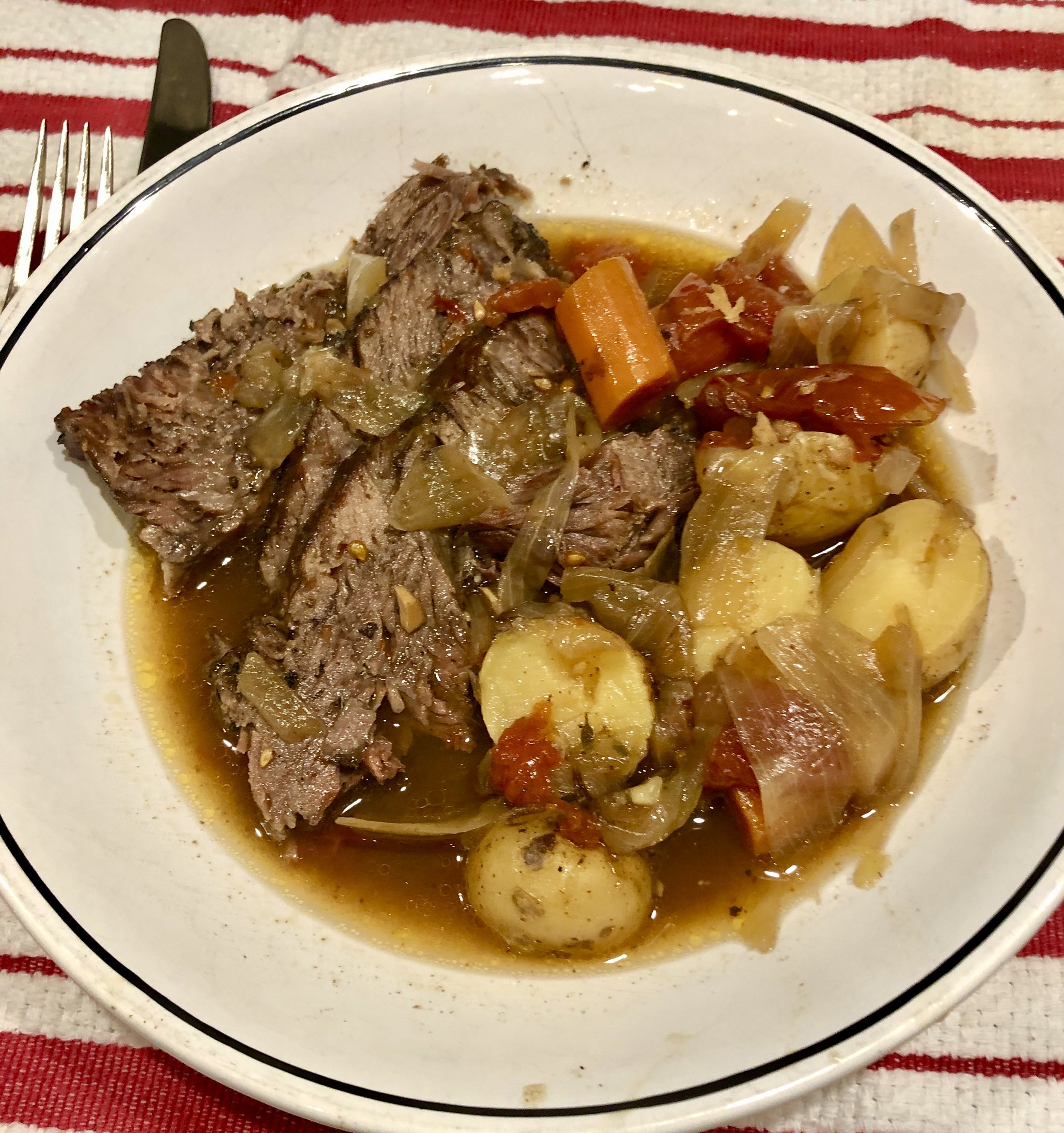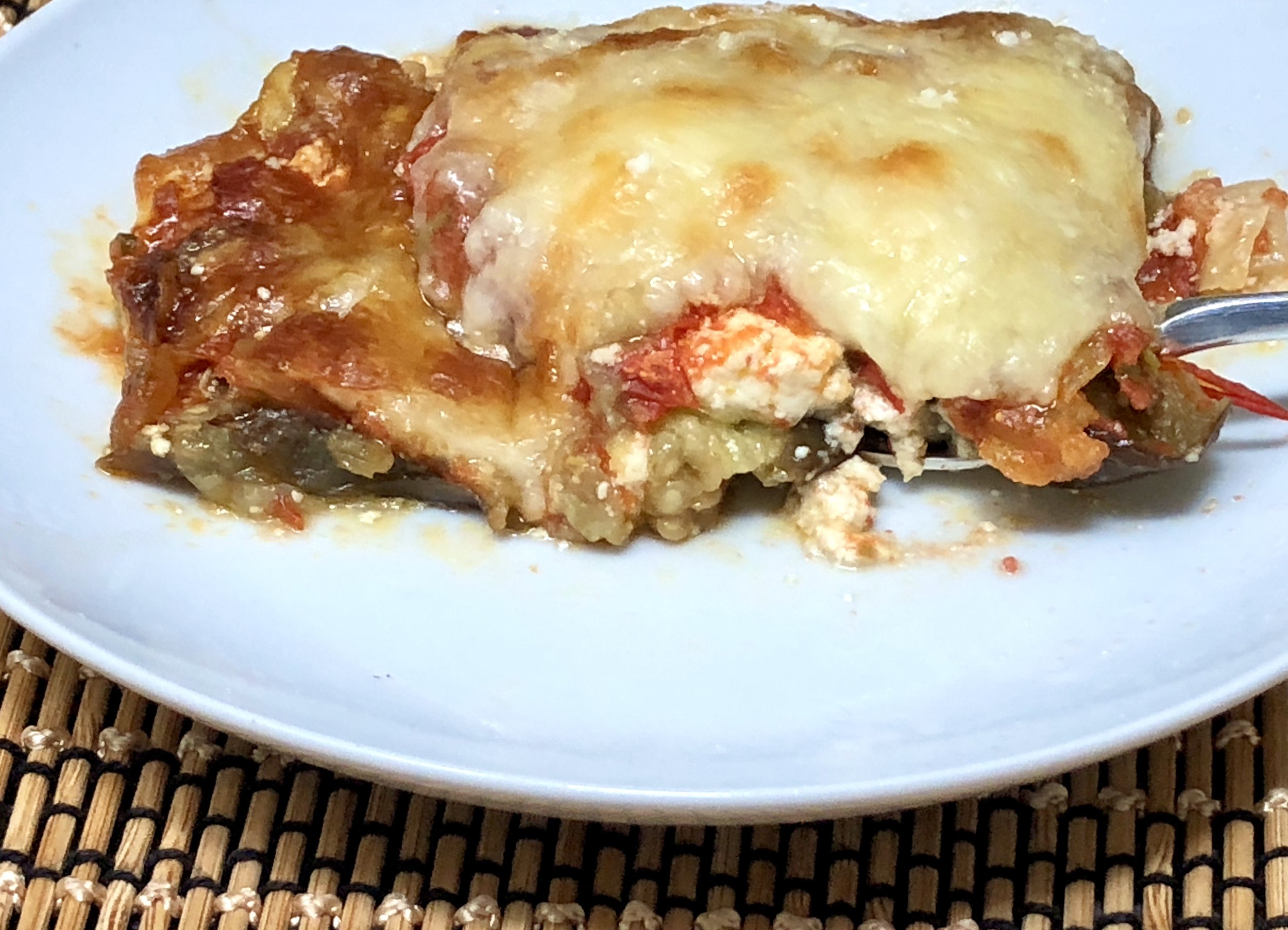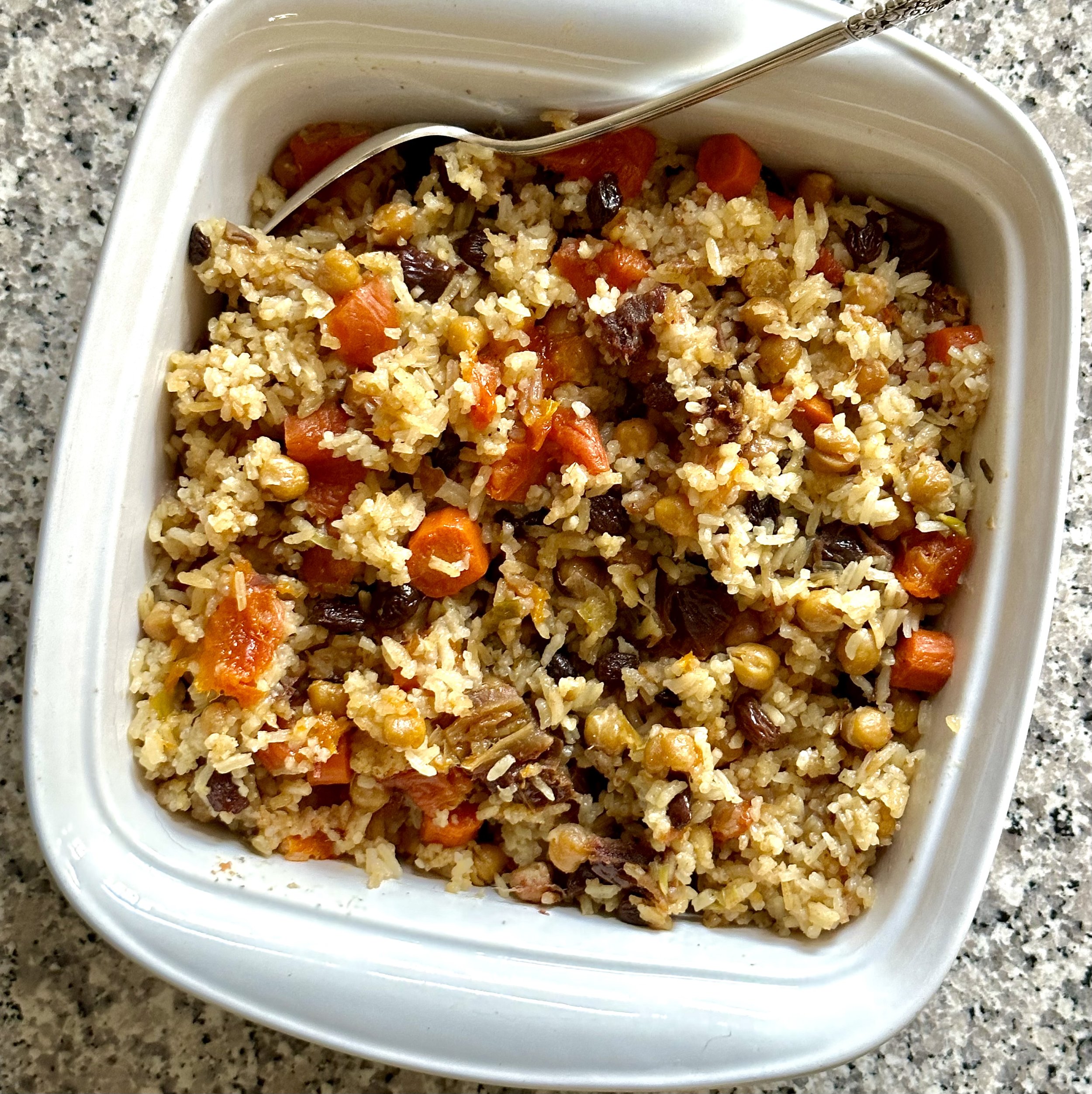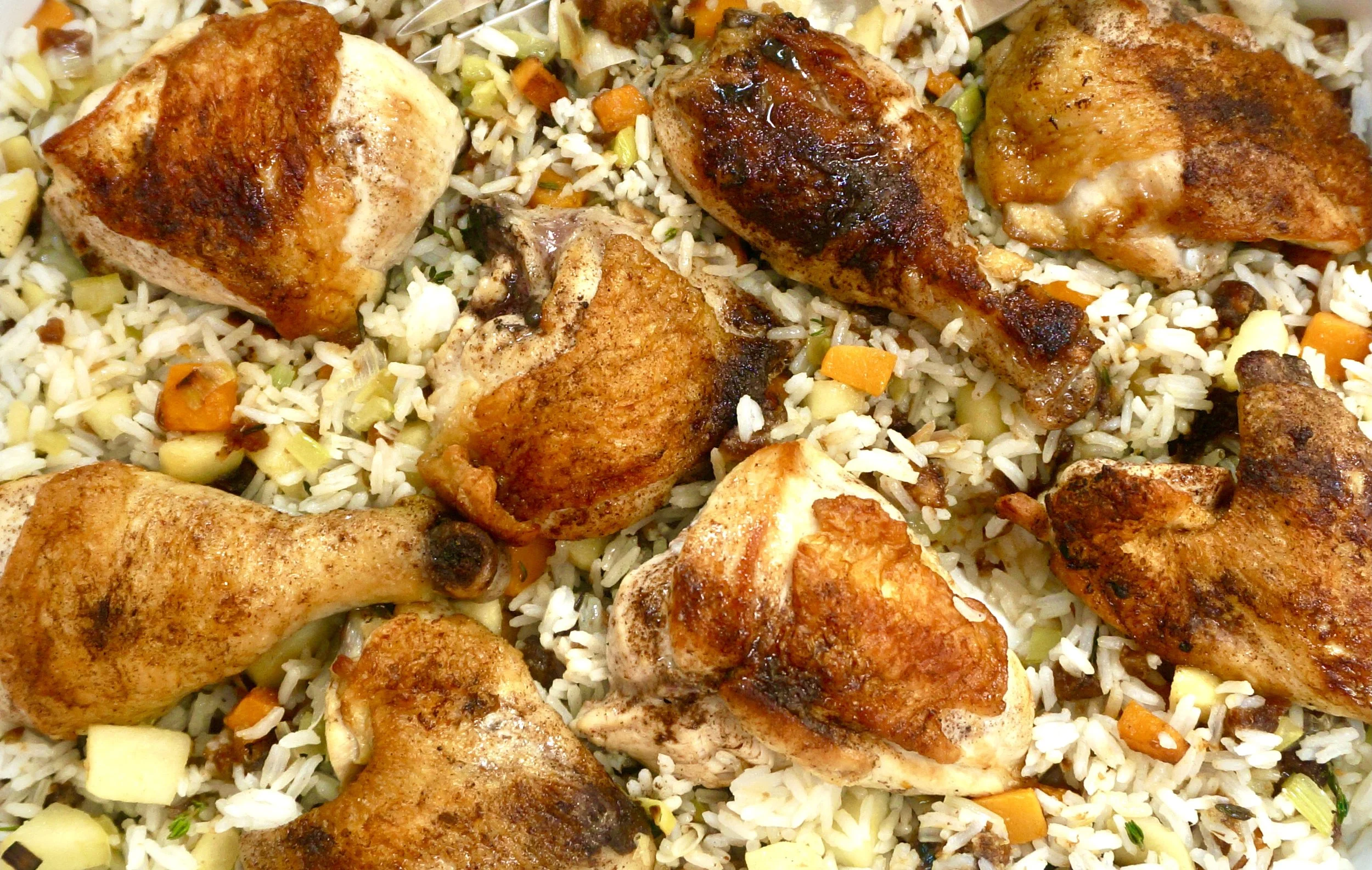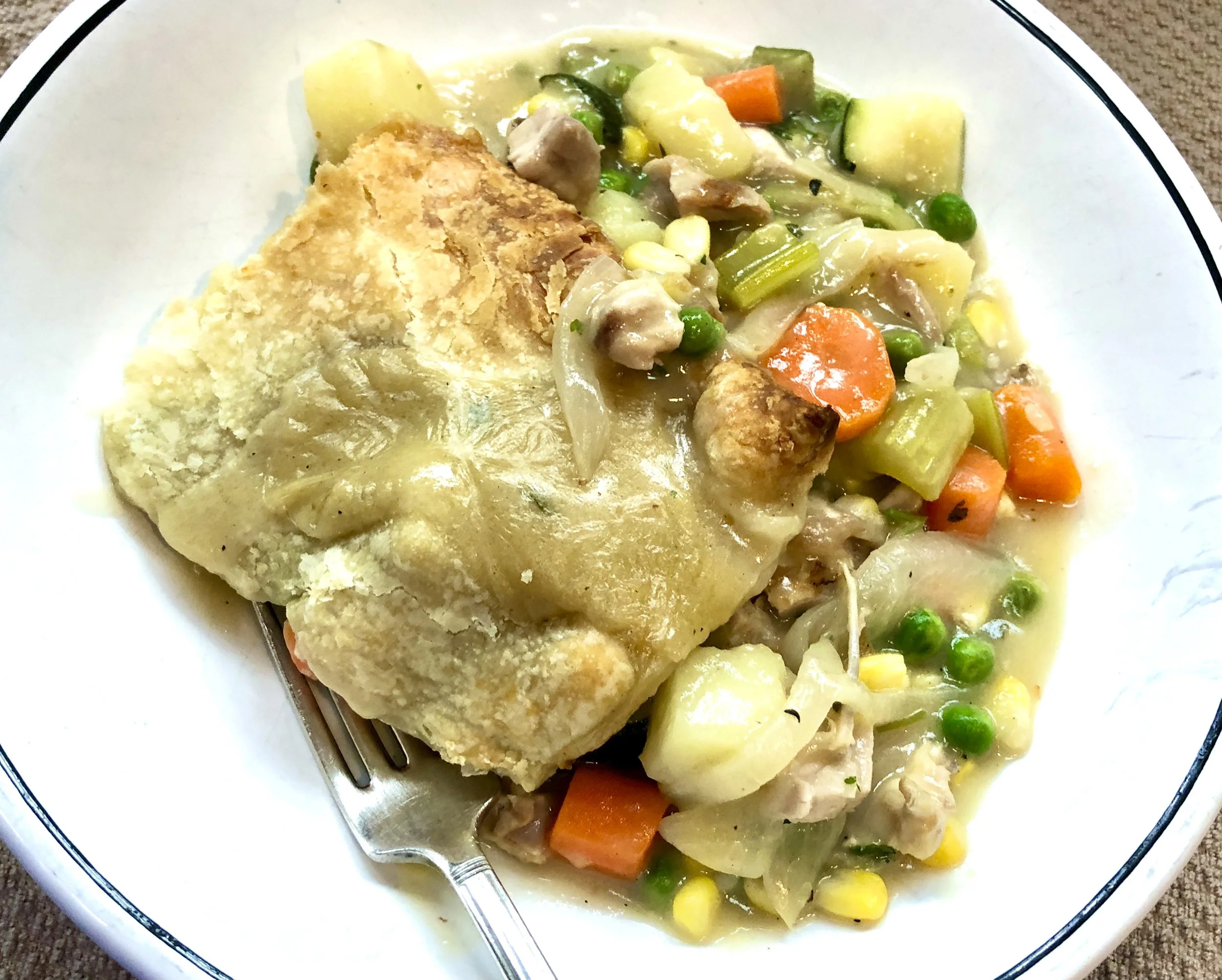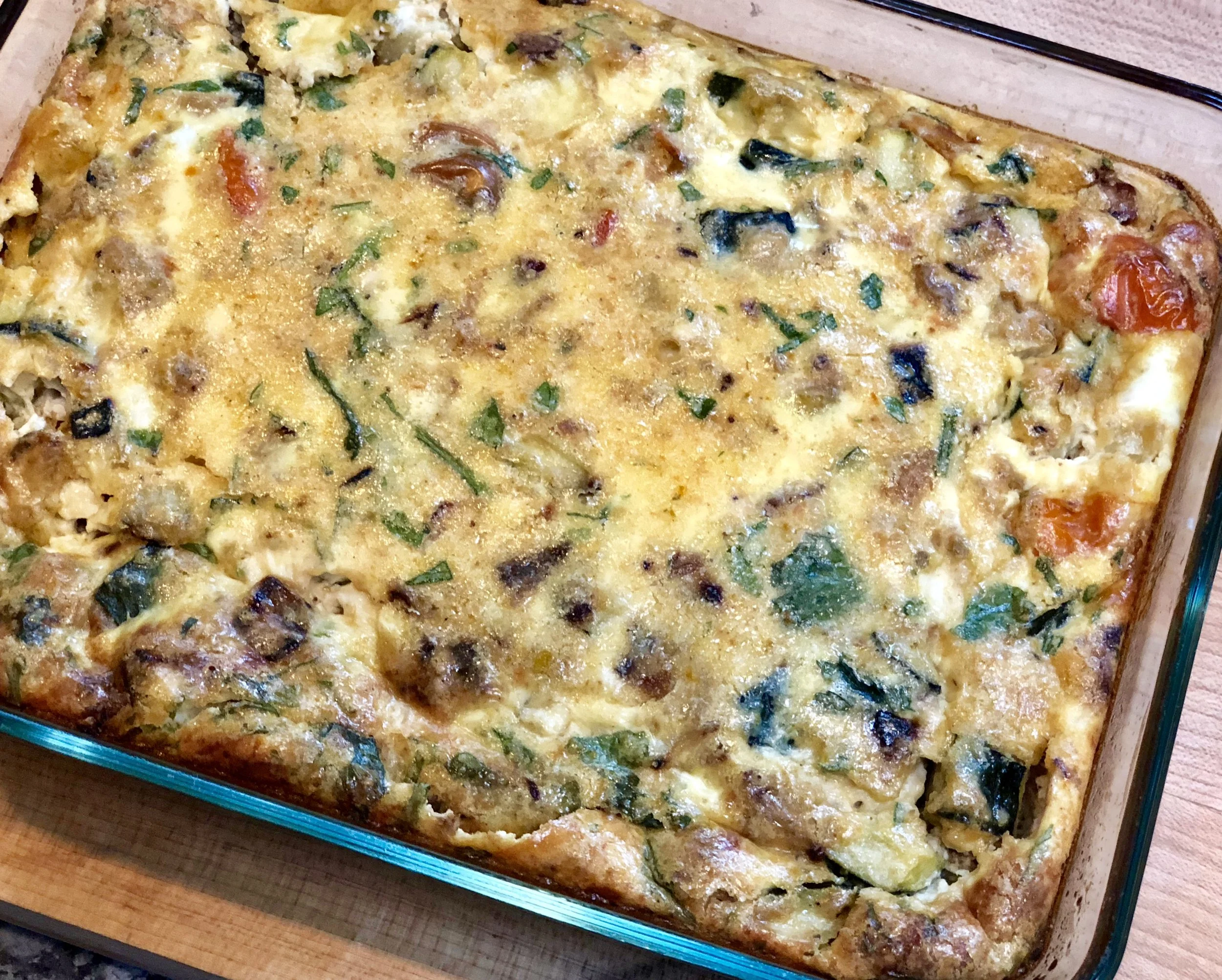I love breast of veal and I also love short ribs, so if I see breast-of-veal short ribs in a store or can get them from a butcher, it’s a big, delicious win! I braise them into a stew, which is perfect when it’s cold outside (14F where I live). The aroma in my kitchen is incredibly comforting.
If you can’t find veal breast short ribs, ask the butcher to cut up a veal breast for you. Or, make this dish using the whole breast of veal.
VEAL SHORT RIB STEW
3 pounds veal short ribs
2 tablespoons olive oil
2 medium onions, cut into chunks
4 medium carrots, peeled and cut into chunks
2 large all-purpose or Yukon Gold potatoes, peeled and cut into chunks
salt and freshly ground black pepper to taste
2 large sprigs fresh thyme
1 cup white wine
3 medium tomatoes, cut into chunks
Wipe the surfaces of the meat and set them aside. Heat the olive oil in a large, deep saute pan over medium heat. Add the veal pieces and cook, turning them occasionally, until all sides are browned (about 10-12 minutes). Add the onions, carrots and potatoes to the pan. Sprinkle the ingredients with salt and pepper and place the thyme sprigs on top. Pour in the white wine. Bring the liquid to a boil. Cover the pan, turn the heat to low-medium and cook for one hour. Add the tomatoes, cover the pan and cook for another hour or until the meat is tender.
Makes 4 servings
#breastofveal #vealstew #shortribs #vealshortribs #vealshortribstew #stew


